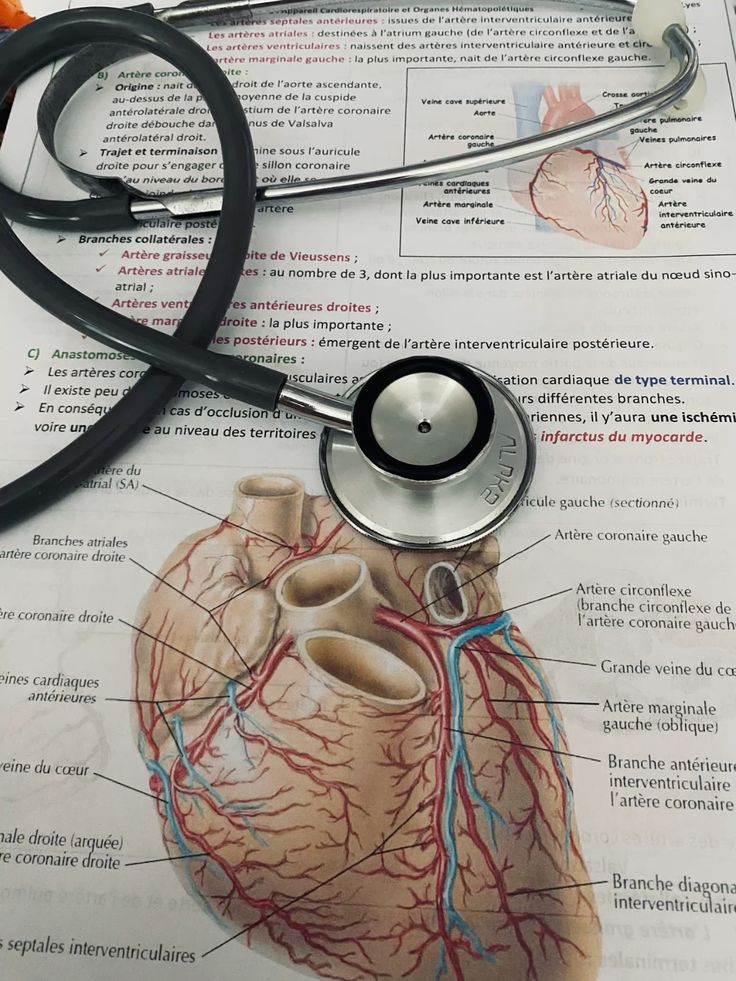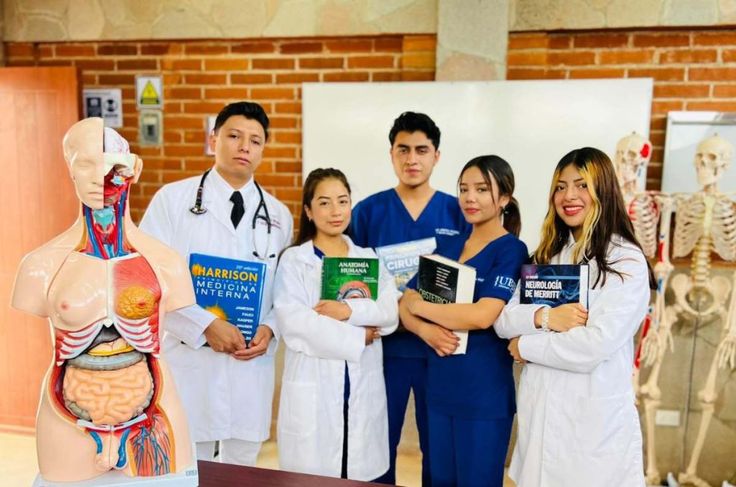Medicine is an ever-evolving field where scientific and technological advancements continually alter how diseases are diagnosed and treated. In this dynamic landscape, Continuing Medical Education (CME) emerges as a fundamental pillar to ensure that healthcare professionals are up to date with the latest knowledge, skills, and practices in their areas of expertise.
The field of medicine is marked by constant changes, driven by ongoing research and innovation. From the emergence of new pharmacological treatments to breakthroughs in surgical techniques, discoveries are made daily that can dramatically change the way diseases are managed. CME allows physicians to stay informed about these advancements, ensuring that their clinical practices are grounded in the most current evidence. This not only enhances their diagnostic acumen but also enables them to apply the latest treatment modalities effectively.


CME is beneficial not only for healthcare providers but also for the patients they serve. A well-informed physician is better equipped to make evidence-based clinical decisions and to offer a higher standard of medical care. Ongoing education ensures that practitioners keep their knowledge and skills current, which contributes to safer and more effective medical practices. This ultimately translates into improved health outcomes for patients, fostering trust in the healthcare system and enhancing overall patient satisfaction.
The demographic landscape and epidemiological patterns are constantly shifting. New diseases emerge while others become more prevalent, often influenced by factors such as globalization, urbanization, and climate change. CME empowers healthcare professionals to adapt to these changes by educating them about emerging diseases and current health trends. This is particularly crucial for understanding the diverse needs of specific demographic groups, such as elderly or pediatric populations, allowing practitioners to provide tailored care that addresses unique challenges in various populations.
CME extends beyond merely acquiring existing knowledge; it also stimulates innovation and research within the medical field. By being exposed to the latest studies and developments, physicians are inspired to engage in clinical research and contribute to the advancement of medical science. This culture of continuous learning and discovery is essential for driving progress in healthcare, encouraging practitioners to explore novel treatment avenues and enhance patient care through evidence-based practices.
Despite its critical role, Continuing Medical Education faces several challenges. Common barriers include limited access to quality training programs, financial constraints, and time limitations, which hinder healthcare professionals from pursuing further education. However, with the advent of online education and other educational technologies, new opportunities are emerging to make CME more accessible and convenient. E-learning platforms, webinars, and mobile applications are transforming how healthcare professionals engage with educational content, enabling them to learn at their own pace and convenience.
In today’s fast-evolving medical field, Continuing Medical Education (CME) is crucial for healthcare professionals. It ensures physicians stay updated, providing high-quality care and fostering innovation.